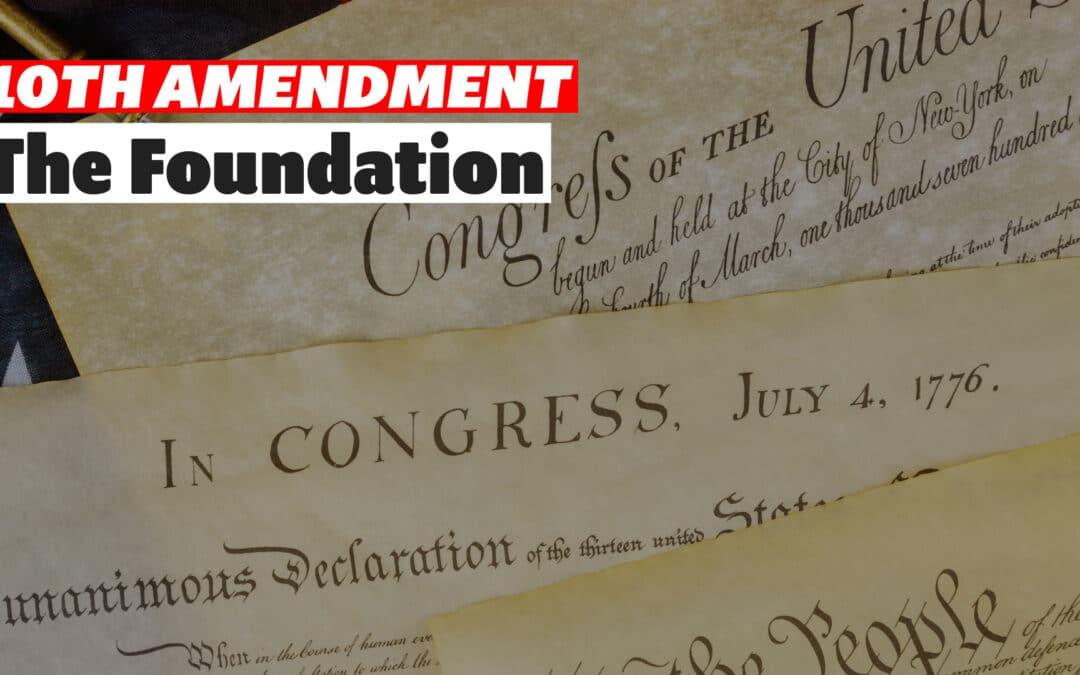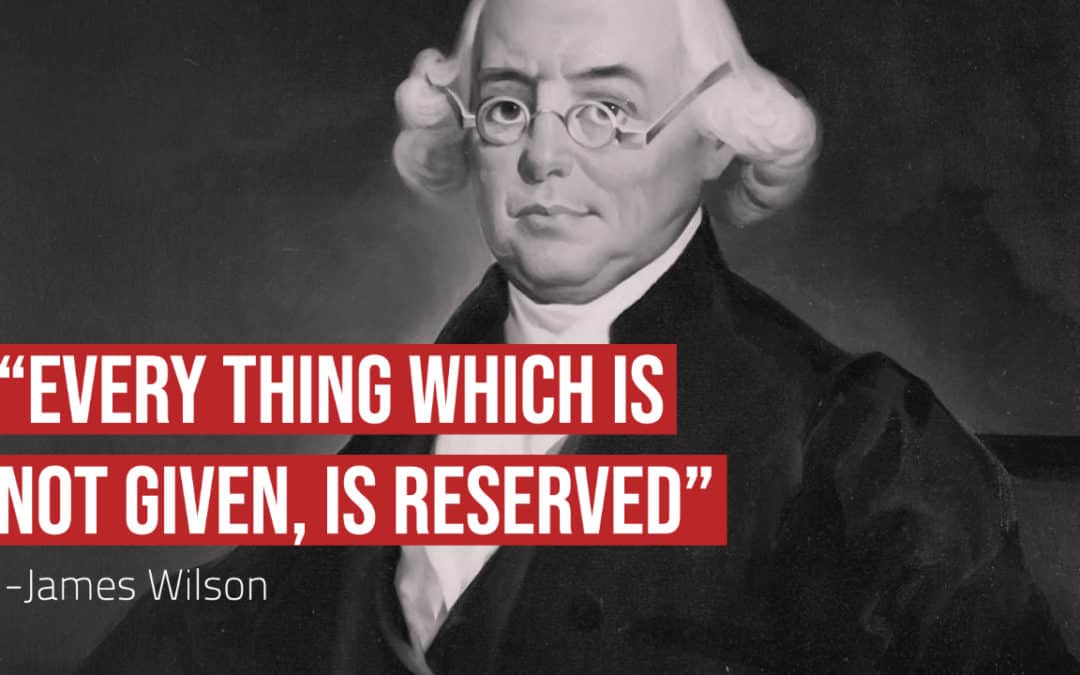
10th Amendment

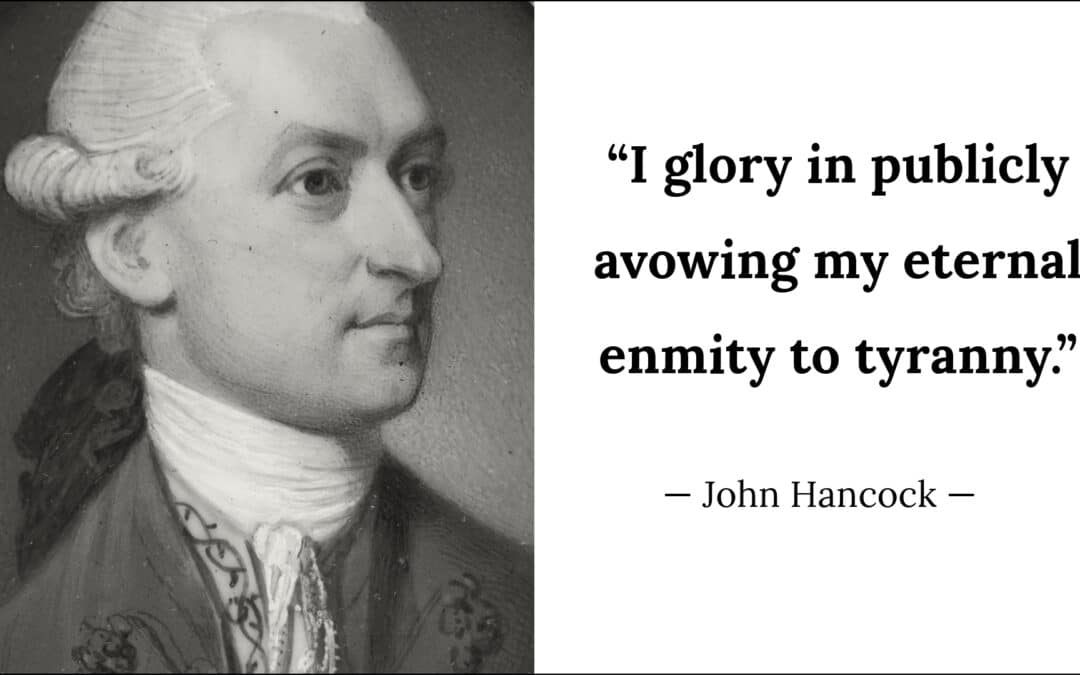
Resistance, Revolution, and Liberty: The Untold Legacy of John Hancock
“I glory in publicly avowing my eternal enmity to tyranny.” On January 23, 1737, one of America’s most important yet often overlooked revolutionaries was born: John Hancock. Though he is widely recognized today for his iconic signature on the Declaration...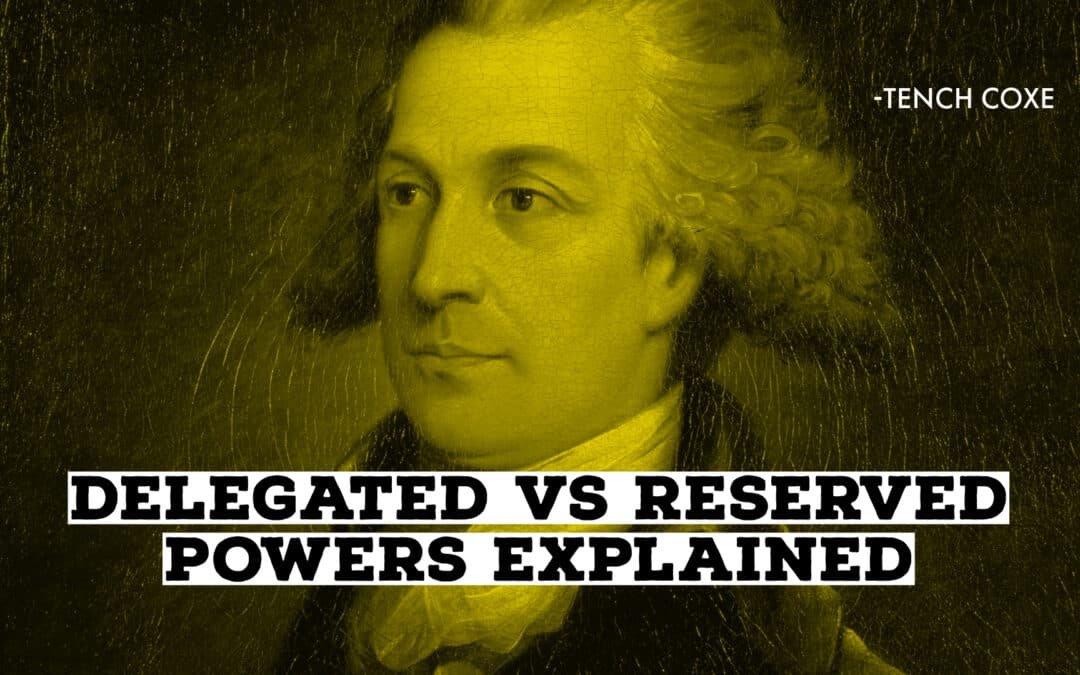
Federalism and the 10th Amendment: Tench Coxe Explains Delegated and Reserved Powers
“Independent of the control or interference of the federal government.” That’s how Tench Coxe described the vast majority of power under the Constitution – reserved to the states and completely off-limits to federal authority. Perhaps better than any...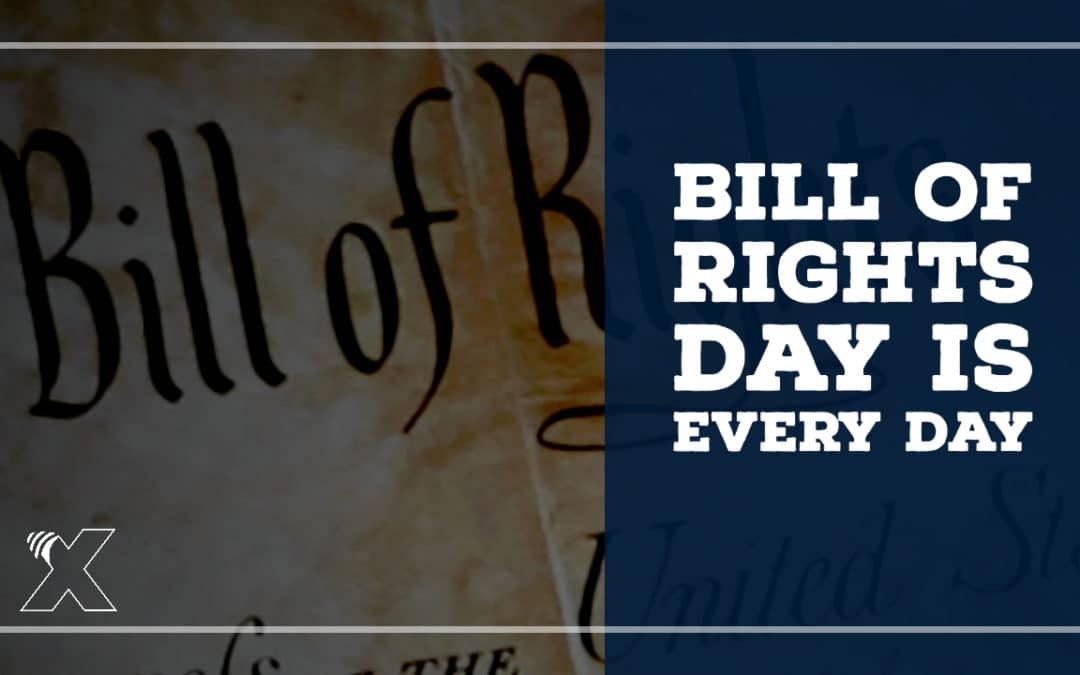
Bill of Rights: Forgotten Role of the 10th Amendment in Its Creation
The Bill of Rights was born from intense battles between Federalists and Anti-Federalists over delegated and reserved powers. This clash not only shaped its contested origins but also left its true purpose misunderstood to this day. 1. Initial Efforts Rejected During...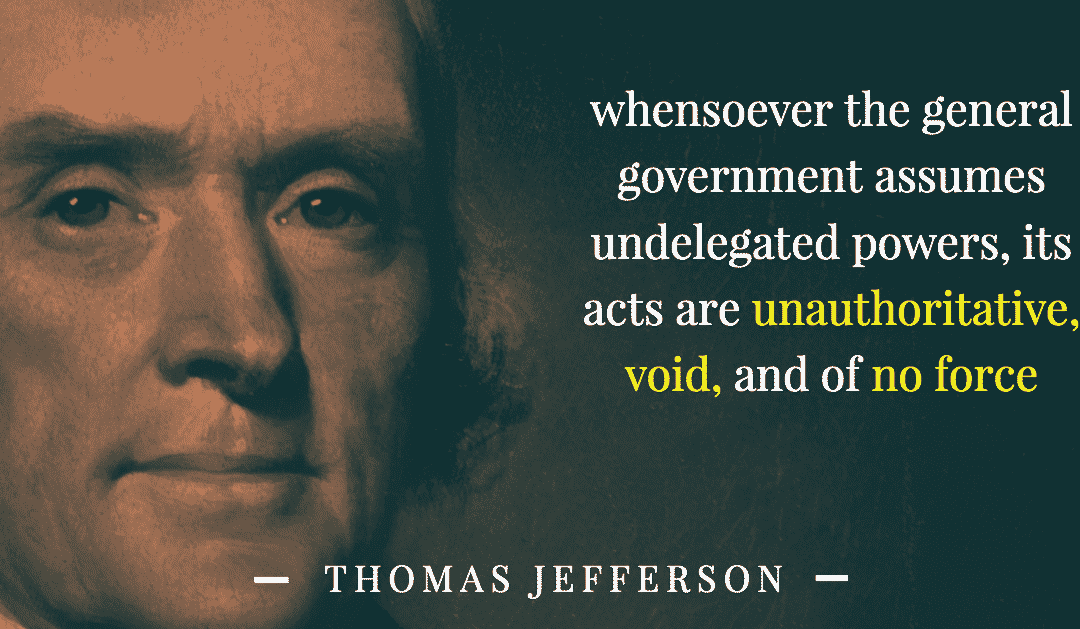
Kentucky Resolutions of 1798: Jefferson on the Constitution’s Structure and How to Defend It
“A nullification of the act is the rightful remedy.” That’s how Thomas Jefferson put it in his draft Resolutions against the Alien and Sedition Acts. On November 10, 1798, the Kentucky house passed resolutions based on his principles. They not only...